
Why I love Kindle
Second in a series. I had a nice surprise Valentine’s Day gift delivered to my door this morning -- a box of ten copies of my new novel (I Know What You Did Last Supper) courtesy of my publisher and fresh off the press. It seemed weird holding the book. Not just because it’s my first novel (co-authored with a friend), but because I haven’t held an actual book for maybe two years now.
When the Kindle first came out, I resisted it. I’ve loved books since I was child, and couldn’t ever imagine switching to an ebook reader. But then I was given the device as a Christmas present in 2009 and despite all my reservations fell in love with it almost immediately.
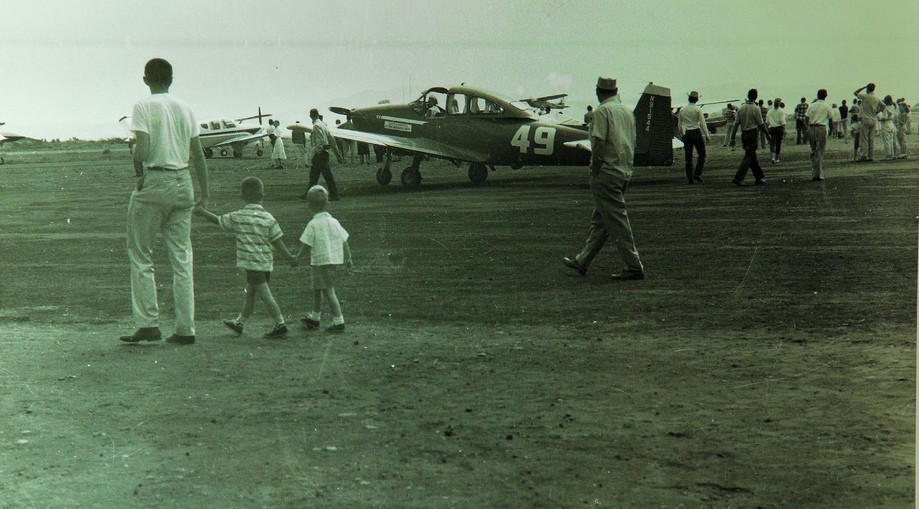
Accidental Empires, Part 6 -- The Airport Kid (Chapter 1c)
Sixth in a series. Serialization of Robert X. Cringely's classic Accidental Empires makes an unexpected analogy.
The Airport Kid was what they called a boy who ran errands and did odd jobs around a landing field in exchange for airplane rides and the distant prospect of learning to fly. From Lindbergh’s day on, every landing strip anywhere in America had such a kid, sometimes several, who’d caught on to the wonder of flight and wasn’t about to let go.
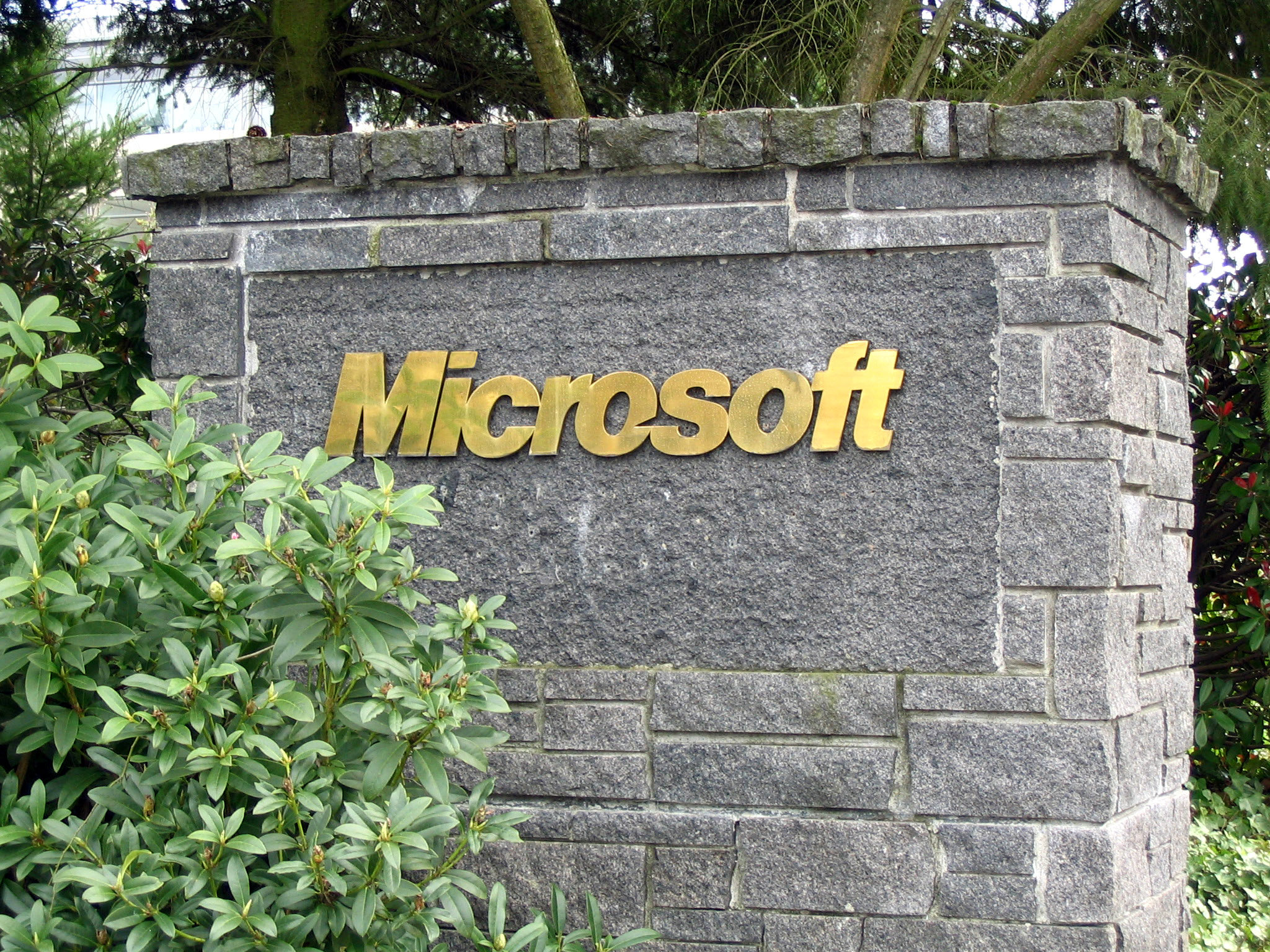
Accidental Empires, Part 5 -- The Demi-God (Chapter 1b)
Fifth in a Series. Editor: Serialization continues of landmark 1991 book Accidental Empires, looking at younger Microsoft CEO Bill Gates and Microsoft Word 3.0 for Macintosh -- proverbial vaporware at the time.
Several hundred users of Apple Macintosh computers gathered one night in 1988 in an auditorium in Ann Arbor, Michigan, to watch a sneak preview demonstration of a new word processing application. This was consumerism in its most pure form: it drew potential buyers together to see a demonstration of a product they could all use but wouldn’t be allowed to buy. There were no boxes for sale in the back of the room, no "send no money, we’ll bill you later". This product flat wasn’t for sale and wouldn’t be for another five months.

Best Windows 8 apps this week
Fifteenth in a series. Several important applications received updates in the past seven days. Adobe updated its Reader application for Windows 8 and even changed the name of the application to Adobe Reader Touch. Microosft, too, released updates for several of its applications, including the Bing, which now includes video search results.
In another interesting turn of events, WinZip decided to remove the price tag from the company's Windows 8 app of the same name. The application, previously available for $7.99 is now available free.
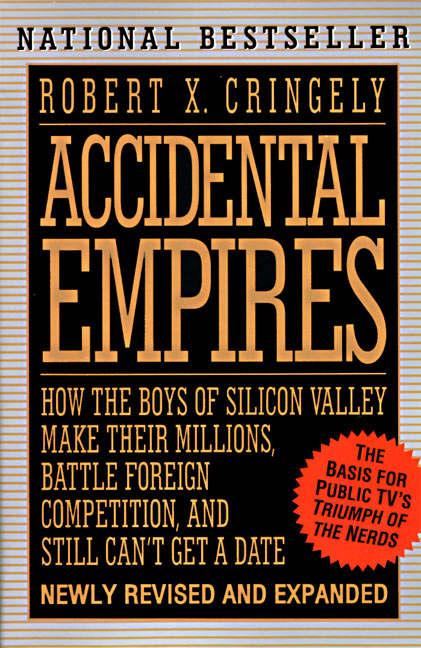
Accidental Empires Part 3 -- 1991 edition preface
Third in a series. Editor: In parts 1 and 2 of this serialization, Robert X. Cringely presents an updated intro to his landmark rise-of-Silicon Valley book Accidental Empires. Here he presents the original preface from the first edition.
The woman of my dreams once landed a job as the girls’ English teacher at the Hebrew Institute of Santa Clara. Despite the fact that it was a very small operation, her students (about eight of them) decided to produce a school newspaper, which they generally filled with gossipy stories about each other. The premiere issue was printed on good stock with lots of extra copies for grandparents and for interested bystanders like me.
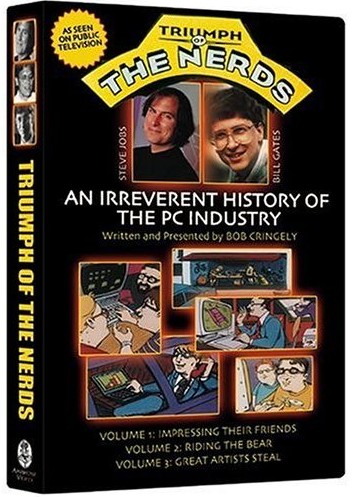
Accidental Empires Part 2 -- 1996 edition preface
Second in a series. Editor: Robert X. Cringely is serializing his classic Accidental Empires , yesterday with a modern intro and today with the two past ones. The second edition of the book coincided with release of documentary "Triumph of the Nerds". The intros provide insight into a past we take for granted that was future in the making then. Consider that in 1996, Microsoft had a hit with Windows 95 and Apple was near bankruptcy.
The first edition of Accidental Empires missed something pretty important -- the Internet. Of course there wasn’t much of a commercial Internet in 1990. So I addressed it somewhat with the 1996 revised edition, the preface of which is below. Later today we’ll go on to the original preface from 1990.

Accidental Empires Part 1 -- an accidental story in the making
First in a series. February, 2013 -- We stand today near the beginning of the post-PC era. Tablets and smart phones are replacing desktops and notebooks. Clouds are replacing clusters. We’re more dependent than ever on big computer rooms only this time we not only don’t own them, we don’t even know where they are. Three years from now we’ll barely recognize the computing landscape that was built on personal computers. So if we’re going to keep an accurate chronicle of that era, we’d better get to work right now, before we forget how it really happened.
Oddly enough, I predicted all of this almost 25 years ago as you’ll see if you choose to share this journey and read on. But it almost didn’t happen. In fact I wish it had never happened at all…
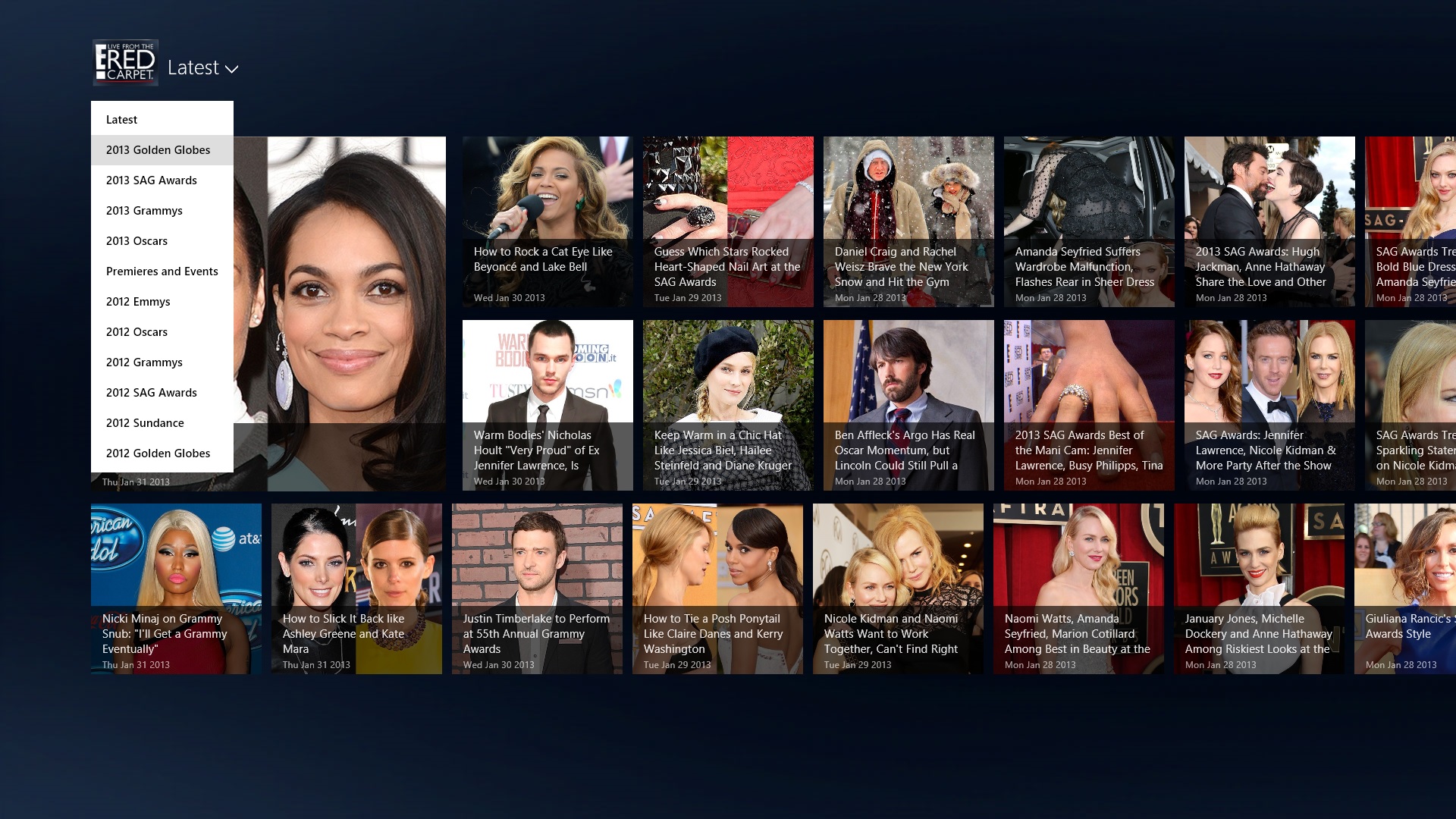
Best Windows 8 apps this week
Fourteenth in a series. Microsoft continues to publish updates for the apps that ship with Windows 8 natively. Both the finance and weather application have been updated this week. However, it is not clear what changed as Microsoft did not update the release notes yet.
As far as total numbers of applications go: the Windows Store in the US lists 21,208 free apps and 6,074 paid apps as of this morning for a total of 27,282 apps. That's an increase of 970 apps this week, which falls in line with past performances. While we have seen slower weeks, app numbers consistently grow by about a 1,000 each week.
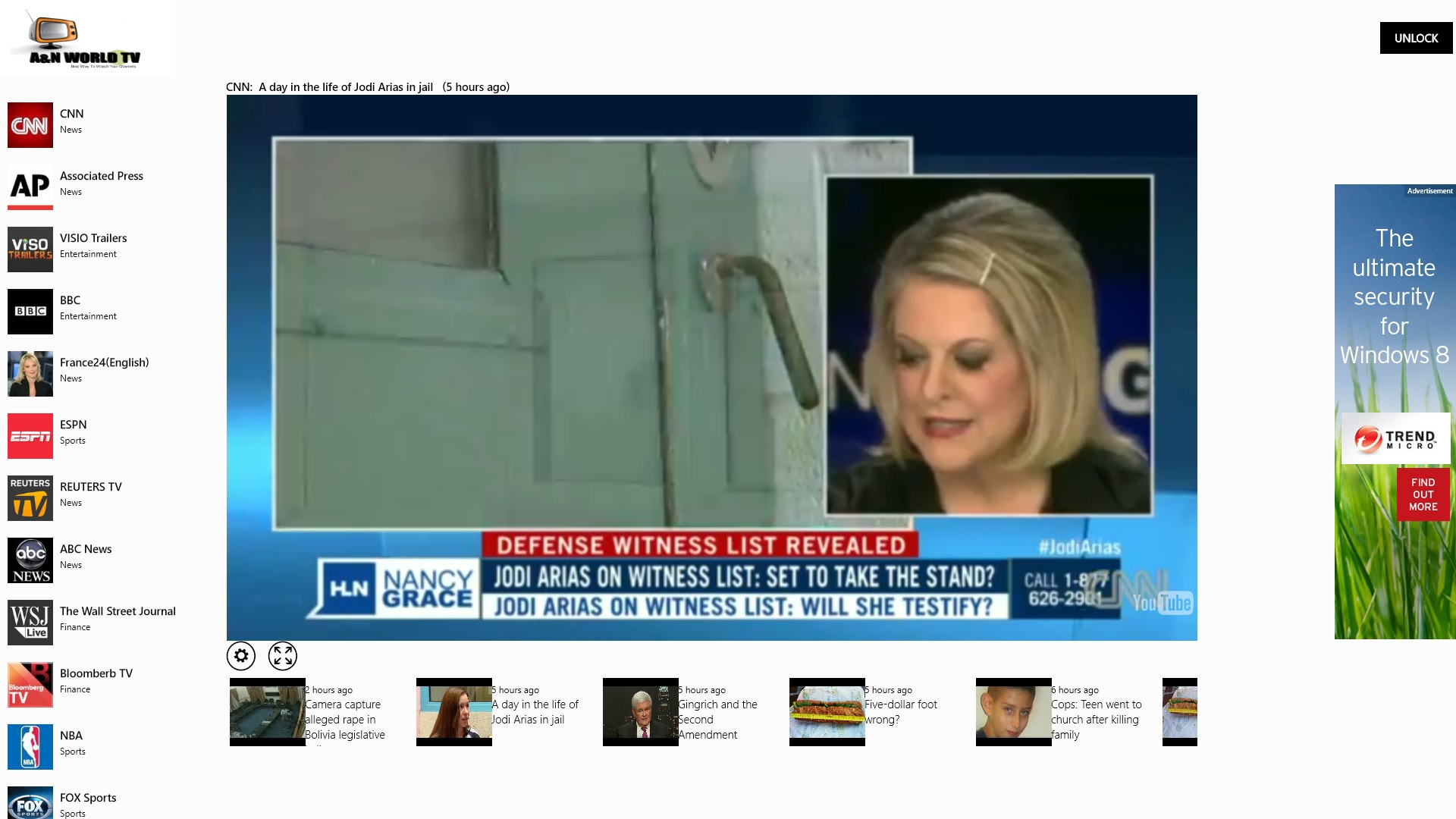
Best Windows 8 apps this week
Thirteenth in a series. Microsoft released the company's fiscal second-quarter results on January 24 and to the surprise of many the company's Windows division did well despite PC shipments being down during the same period.
Windows Store has recovered from last week's low number of new store apps. This week, 928 new apps were listed in the operating system's US store, an increase of more than 31 percent over last week. Free apps, on the other hand, only increased by 136 this week while paid apps made a huge jump to 5,801 from 5,011 the week before.

Do you think that all smart people actually work at Nokia, Qualcomm, and the X-Prize Foundation?
Third in a series. This is my response to the message from Qualcomm Tricorder X-Prize director Mark Winter, who said my objections to his contest design were without merit.
Let me make a point here: this isn’t about me receiving $10 million. We all know that’s not going to happen. It’s about designing a contest that actually encourages innovation. Please read on as I explain.

X-Prize Foundation answers my tricorder competition complaints
Second in a series. This message from the X-Prize Foundation is in response to the letter I sent Qualcomm's CEO.
They seem to feel the contest is fine as-is and my objections are without merit.
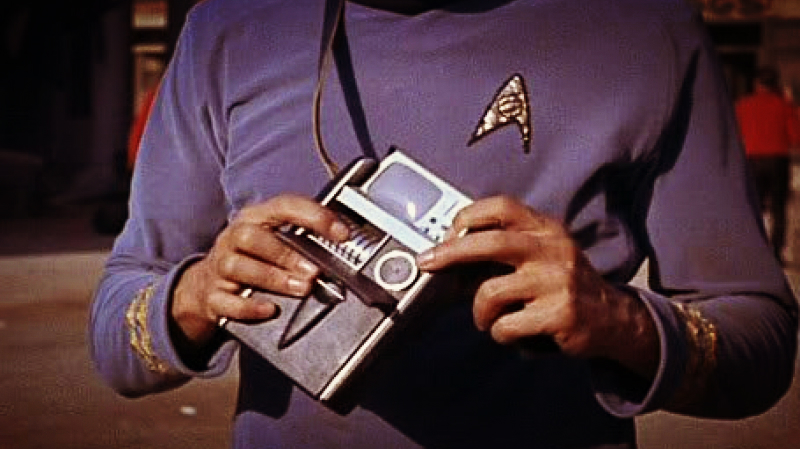
There's something missing from Qualcomm's Tricorder contest
First in a series. I wrote a letter to Qualcomm CEO Paul Jacobs. This went out January 11th and was delivered on the morning of the 14th.
The response will be my next post.

Best Windows 8 apps this week
Twelfth in a series. It's slow week for new application releases for Windows 8. The number of new apps in the US Windows Store is 635, down from 961 the week before. While I would not - yet - say that this is a sign of things slowing down, it is definitely something that I'll pay attention on in the coming weeks.
The total number of apps in the US store this week is 25,384 of which 20,373 are free to install and 5,011 paid; that is a ratio of 4:1 in favor of free apps.
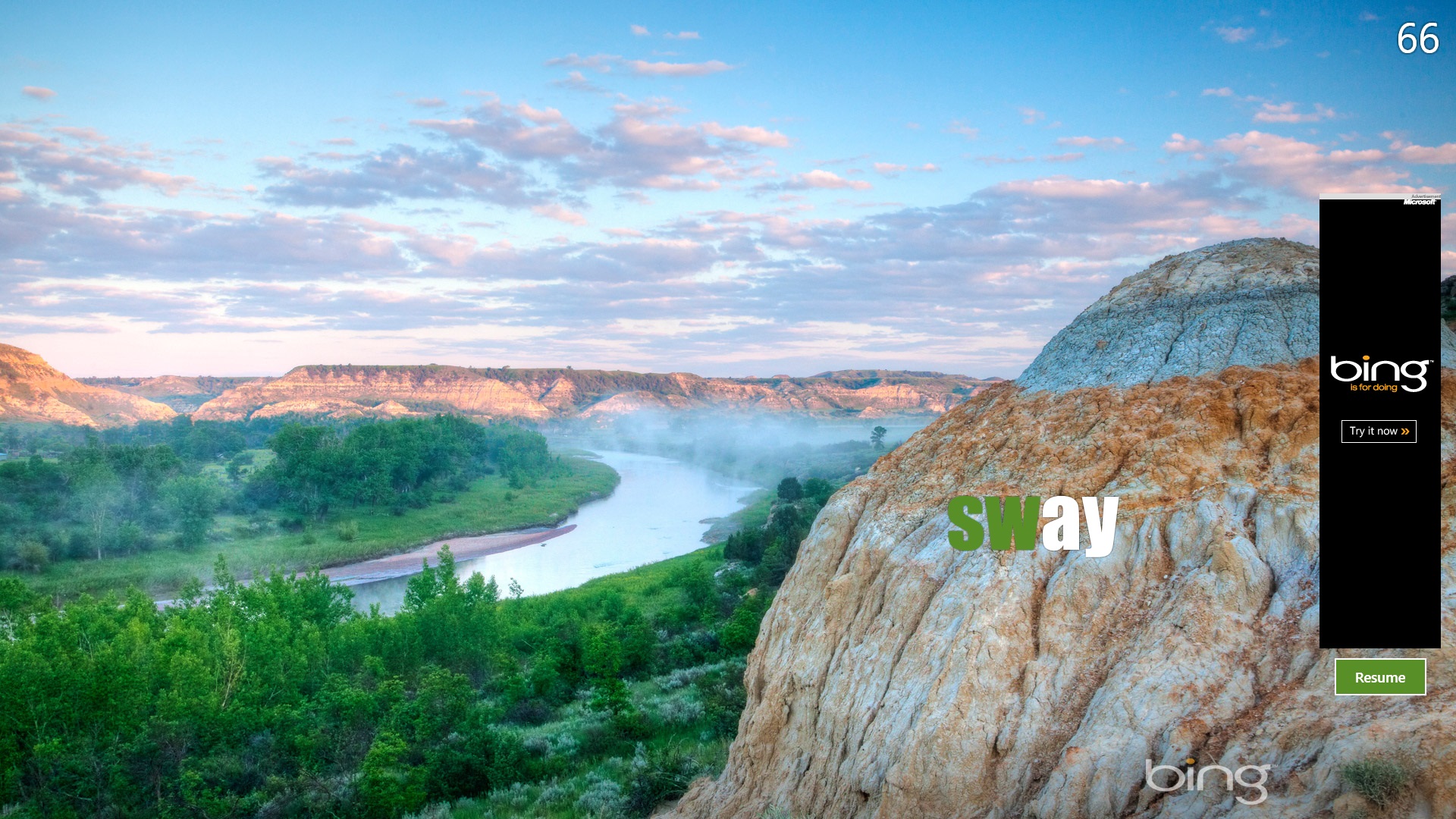
Best Windows 8 apps this week
Eleventh in a series. Microsoft has updated two of the native apps that Windows 8 ships with this week. The News and Finance apps have received updates that enhance performance, improve network connectivity and add support for additional regional sources.
A total of 24,749 apps are listed in the US Windows 8 store this Friday. Of those, 20,019 are free to download and install, while 4,730 are paid applications. That's an increase of 961 apps this week.

Hollywood can’t help but take advantage of tech companies
Second in a series. A friend of mine who is a securities lawyer in New York worked on the 1985 sale of 20th Century Fox by Marvin Davis to Rupert Murdoch. He led a group of New York attorneys to Los Angeles where they spent weeks going over contracts for many Fox films. What they found was that with few exceptions there were no contracts. There were signed letters of intent (agreements to agree) for pictures budgeted at $20-$50 million but almost no actual contracts. Effectively business was being done, movies were being made, and huge sums of money were being transferred on a handshake. That’s how Hollywood tends to do business and it doesn’t go down very well with outsiders, so they for the most part remain outside.
Jump to this week’s evolving story about Intel supposedly entering with a bang the TV set-top box business replete with previously unlicensed cable content -- an Over-The-Top virtual cable system. This was expected to be announced, I’m told, at next week’s Consumer Electronics Show in Las Vegas.
